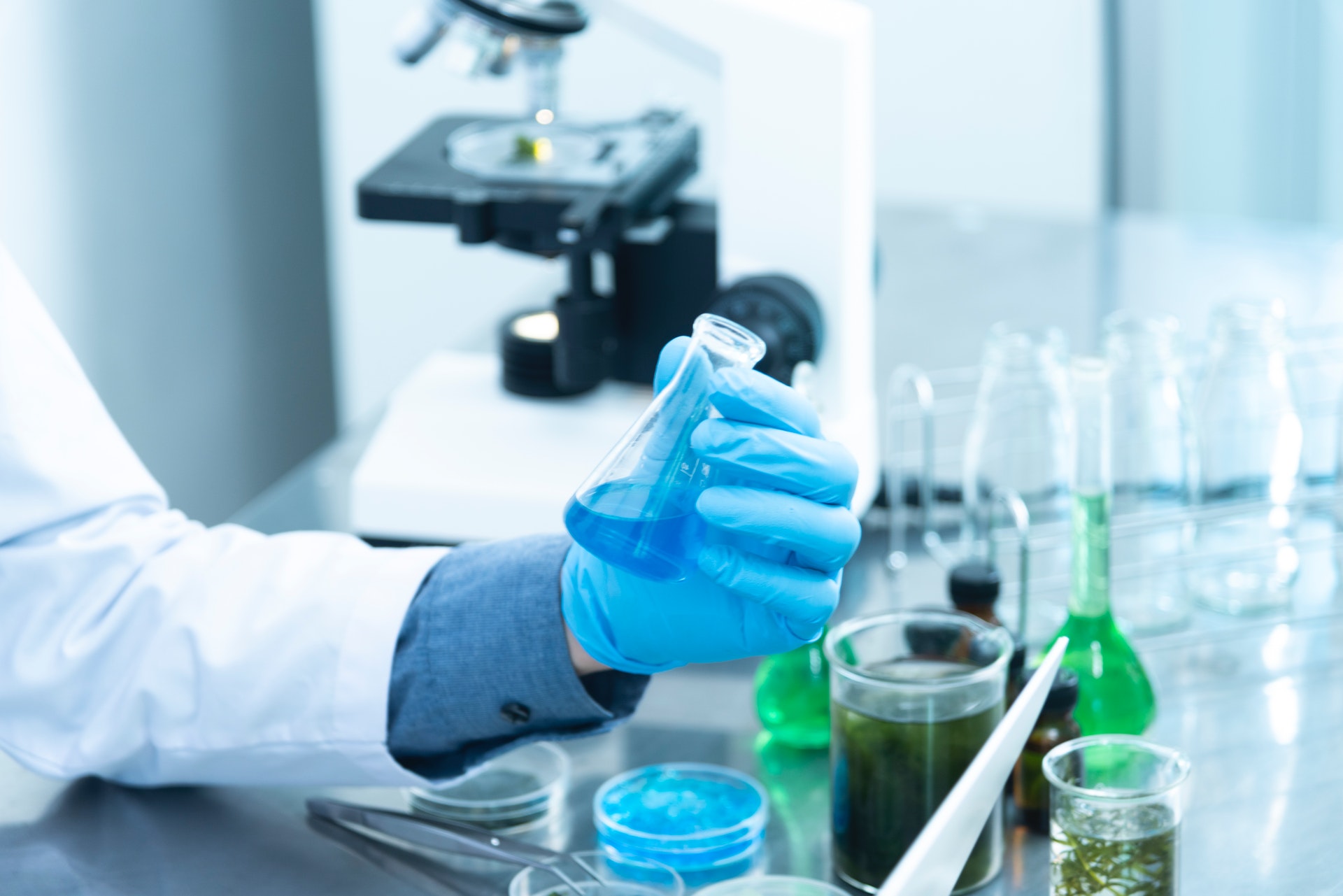


Released in December 2005, this IAP statement was issued ahead of the Meeting of States Parties of the Biological Weapons Convention (5 - 9 December 2005) in Geneva, and was endorsed by over 60 national science academies. The statement addresses five fundamental issues facing scientists working in the biosciences: awareness; safety and security; education and information; accountability; and oversight. Following the release of the biosecurity statement, the Chilean Academy of Sciences, Uzbekistan Academy of Sciences and the Pontificia Academia Scientiarvm have requested to be added to the listed signatories, as well as the Caribbean Academy of Sciences.
In recent decades scientific research has created new and unexpected knowledge and technologies that offer unprecedented opportunities to improve human and animal health and environmental conditions. But some science and technology can be used for destructive purposes as well as for constructive purposes. Scientists have a special responsibility when it comes to problems of "dual use" and the misuse of science and technology.
The 1972 Biological and Toxin Weapons Convention reinforced the international norm prohibiting biological weapons, stating in its provisions that "each state party to this Convention undertakes never in any circumstances to develop, produce, stockpile or otherwise acquire or retain: microbial or other biological agents, or toxins whatever their origin or method of production, of types and in quantities that have no justification for prophylactic or other peaceful purposes." Nevertheless, the threat from biological weapons is again a live issue. This statement presents principles to guide individual scientists and local scientific communities that may wish to define a code of conduct for their own use.
These principles represent fundamental issues that should be taken into account when formulating codes of conduct. They are not intended to be a comprehensive list of considerations.
These principles have been endorsed by the following national academies of science, working through the InterAcademy Panel:
Albanian Academy of Sciences
National Academy of Exact, Physical and Natural Sciences, Argentina
The National Academy of Sciences of Armenia
Australian Academy of Science
Austrian Academy of Sciences
Bangladesh Academy of Sciences
National Academy of Sciences of Belarus
The Royal Academies for Science and the Arts of Belgium
Academy of Sciences and Arts of Bosnia and Herzegovina
Brazilian Academy of Sciences
Bulgarian Academy of Sciences
Cameroon Academy of Sciences
The Royal Society of Canada
Chinese Academy of Sciences
Academia Sinica, China Taiwan
Colombian Academy of Exact, Physical and Natural Sciences
Croatian Academy of Arts and Sciences
Cuban Academy of Sciences
Academy of Sciences of the Czech Republic
Royal Danish Academy of Sciences and Letters
Academy of Scientific Research and Technology, Egypt
Estonian Academy of Sciences
The Delegation of the Finnish Academies of Science and Letters
Académie des Sciences, France
Union of German Academies of Sciences and Humanities
Academy of Athens, Greece
Hungarian Academy of Sciences
Indian National Science Academy
Indonesian Academy of Sciences
Royal Irish Academy
Israel Academy of Sciences and Humanities
Accademia Nazionale dei Lincei, Italy
Science Council of Japan
African Academy of Sciences
Kenya National Academy of Sciences
The National Academy of Sciences, The Republic of Korea
National Academy of Sciences of the Kyrgyz Republic
Latvian Academy of Sciences
Lithuanian Academy of Sciences
Macedonian Academy of Sciences and Arts Akademi Sains Malaysia
Academia Mexicana de Ciencias
Academy of the Kingdom of Morocco
The Royal Netherlands Academy of Arts and Sciences
Academy Council of the Royal Society of New Zealand
Nigerian Academy of Sciences
Pakistan Academy of Sciences
Palestine Academy for Science and Technology
Academia Nacional de Ciencias del Peru
National Academy of Science and Technology, Philippines
Polska Akademia Nauk, Poland
Russian Academy of Sciences
Académie des Sciences et Techniques du Sénégal
Serbian Academy of Sciences and Arts
Singapore National Academy of Sciences
Slovak Academy of Sciences
Slovenian Academy of Sciences and Arts
Academy of Science of South Africa
Royal Academy of Exact, Physical and Natural Sciences of Spain
Royal Swedish Academy of Sciences
Council of the Swiss Scientific Academies
Turkish Academy of Sciences
The Uganda National Academy of Sciences
The Royal Society, UK
US National Academy of Sciences
Academia de Ciencias Físicas, Matemáticas y Naturales de Venezuela
Zimbabwe Academy of Sciences
TWAS, the Academy of Sciences for the Developing World